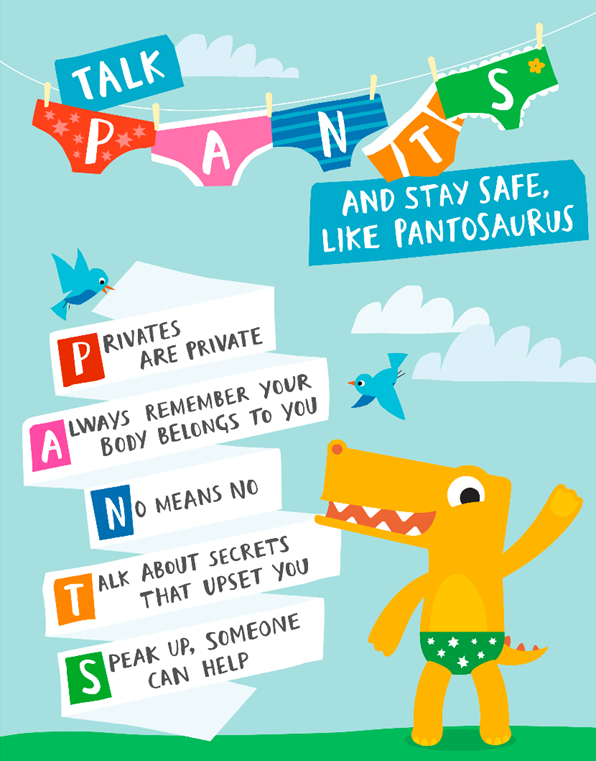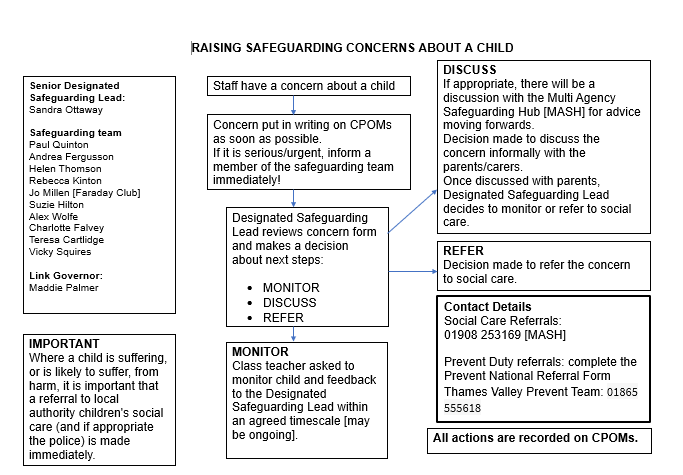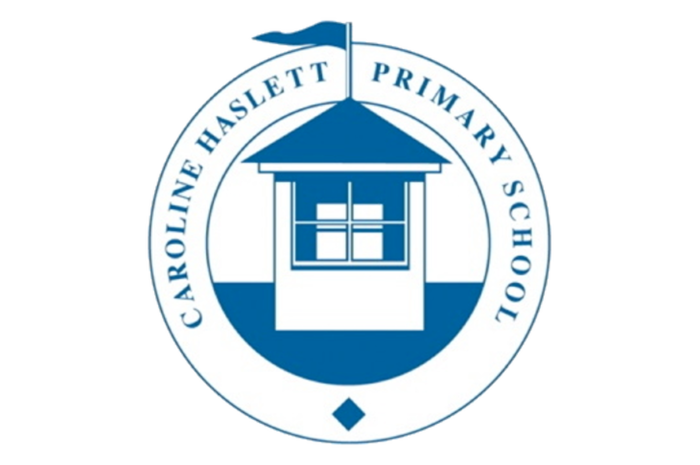Safeguarding Overview
Caroline Haslett School is committed to safeguarding and promoting the welfare of children and young people. It is the expectation that all staff and volunteers share this commitment.
At Caroline Haslett School, the welfare and safeguarding of our pupils is paramount.
Safeguarding is everybody’s responsibility. Caroline Haslett School is committed to:
-
ensuring that all our children and young people are safe and feel safe
-
ensuring that children, parents/carers and staff are able to talk about any safeguarding concerns and feel assured that they will be listened to
-
ensuring that all staff and volunteers are aware of and implement safeguarding procedures and guidance, including what to do if they suspect a child or young person may be experiencing, or be at risk of, harm.
Under the Children Act 1989, the School has a duty to keep all children safe and to protect them from harm.
Sandra Ottaway [Deputy Head] is the Designated Safeguarding Lead
Maddie Palmer is the Designated Safeguarding Governor
Safeguarding Team
Paul Quinton [Headteacher]
Helen Thomson [SENDCO]
Andrea Fergusson [School Business Manager]
Vicky Squires [learning mentor]
Jo Millen [Faraday Club manager]
Rob Rutherford [Sports Coach]
Suzie Hilton [Sports Coach]
Any case of suspected abuse will be monitored and will be referred to the Children’s Services Department of Milton Keynes Council.
All child protection issues will be treated by the school as confidential.
NSPCC PANTS Rules
Our approach to teaching children about keeping themselves safe
Did you know?
About one in five children falls victim to some form of sexual abuse and violence. It happens to children of every gender, every age, every skin colour, every social class and every religion.
The perpetrator is often someone the child knows and trusts.
The perpetrator can also be a child.
WE CAN PREVENT THIS HAPPENING
A child is never too young to be taught the PANTS/underwear rule. It is a highly effective tool to prevent against sexual abuse.
From EYFS to Year 6, we teach these important aspects:
Your body is your own
Children should be taught that their body belongs to them and no one can touch it without their permission.
Open and direct contact at an early age about sexuality and private body parts, using the correct names for genitals and other parts of the body, will help children understand what is not allowed.
Children have the right to refuse a kiss or a touch, even from a person they love. Children should be taught to say, “No”, immediately and firmly, to inappropriate physical contact, to get away from unsafe situations and to tell a trusted adult. It is important to stress that they should persist until someone takes the matter seriously.
Good touch – bad touch
Children do not always recognise appropriate and inappropriate touching. Tell children it is not ok if someone looks at or touches their private parts, or asks them to look at or touch someone else’s private parts.
Your underwear, or swimming costume covers your private parts.
Good secrets – bad secrets
Secrecy is a main tactic of abusers. That’s why it’s important to teach the difference between good and bad secrets and to create a climate of confidence. Every secret that makes them anxious, uncomfortable, fearful or sad is not good and should not be kept; it should be told to a trustworthy adult [parent, teacher, police officer, doctor].
Reporting and disclosure
Children must be taught about adults who can be part of their safety network. They should be encouraged to select adults they trust, who are available and can listen and help.
Only one member of the safety network should live with the child; the others should live outside the immediate family circle.
Children should know how to seek help from such a trust network.
In school, we have the Caring Hands where 5 adults are selected as their in-school network.


